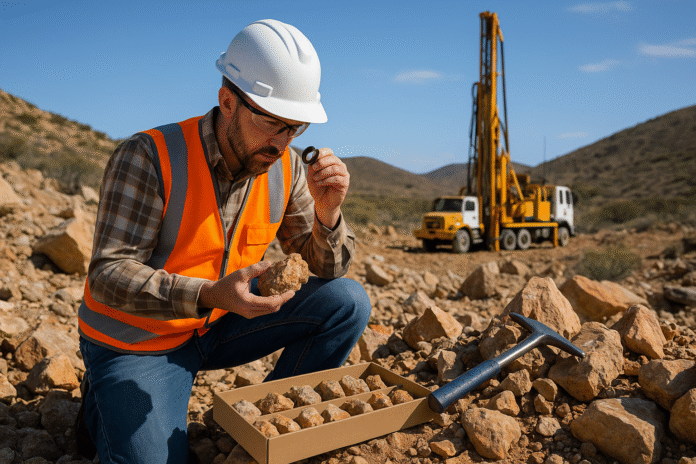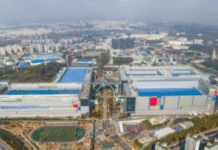Jaipur— In a landmark initiative to modernize its mining sector, Rajasthan will employ Artificial Intelligence (AI) and Machine Learning (ML) technologies for mineral exploration for the first time, with preliminary reports expected within 45 days.
Principal Secretary of Mines and Geology T. Ravikant announced that a pilot project will launch in Bhilwara, Bharatpur, and select areas of Chittorgarh. The Rajasthan State Mineral Exploration Trust (RSMET) will collaborate with the Hyderabad-based NPEA Critical Mineral Tracker—a private agency designated by the central government—to identify high-potential zones for critical and strategic minerals.
“The AI-driven approach will save time, reduce costs, and enhance the scientific accuracy of our mineral surveys,” Ravikant said. Rather than relying on traditional, labor-intensive methods, AI will analyze data from satellite imagery, ground-penetrating radar, and historical geological surveys maintained by central and state agencies.
Once AI pinpoints promising sites, teams will conduct drilling operations and perform chemical analyses on core samples. Those results will inform the preparation of mineral blocks for auction. Of the 82 minerals known to exist in Rajasthan, 57 are already under extraction, and the state has long led India in auctioning major mineral deposits.
Director of Mines Deepak Tanwar described the project as “a transformative step that brings speed, precision, and innovation to Rajasthan’s mining industry.” Both the state and Union governments are emphasizing the exploration and development of key resources—such as copper, base metals, iron ore, and abundant limestone reserves—that are vital to national infrastructure and technological growth.
The pilot in Rajasthan follows successful deployments of the NPEA Critical Mineral Tracker in Maharashtra and Chhattisgarh. With AI-powered mineral mapping, the state aims to accelerate discovery of untapped reserves and bolster its mining revenue in the coming years. (Source: IANS)








